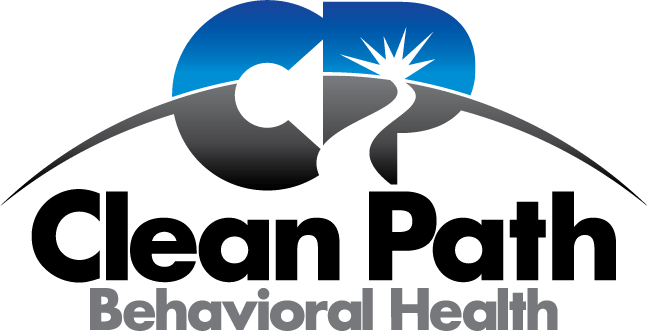

“We’re only as sick as our secrets,” a popular recovery slogan claims. And when most of us begin the journey, we are REALLY sick.
Admitting your problem in Step One is the first airing of a long line of dark truths that will come to light as you build a new life, leaving a world of deception and lies behind.
Steps Four and Five will help you to further clean up the wreckage of your past by sharing your story with a trusted sponsor. Even just the process of saying it all out loud will give you immeasurable relief.
But what happens when there’s something new in sobriety that you don’t want to talk about? Maybe you’re feeling bad about the way you treated a friend. Or worse, maybe you’re having thoughts about relapse.
In recovery, the smallest secret or resentment can turn into a really big problem, so it’s important to share your thoughts with a sponsor, therapist, or trusted recovery buddy. Even just talking about whatever’s bothering you in a meeting can provide incredible relief.
Of course, you don’t have to spill every thought that’s on your mind — or especially things told to you in confidence.
A good way to determine whether to keep your lips zipped is to think about whether the secret could involve harm to yourself or to others. And remember, even the smallest fib can lead to relapse.
Stay in tune with what you’re thinking and feeling by doing a Tenth Step inventory each night. Even if you haven’t worked the step yet, you can still ask yourself:
Was I resentful? Of who?
Was I dishonest? How?
Am I obsessing about anything?
Did I cause any harm and do I owe any apologies?
Was I selfish? How?
Was I fearful? Of what?
Am I keeping any secrets?
If the answer to any of these is yes, make a commitment to talk to someone — either to share a secret, apologize, or clear up a resentment.
Our caring and knowledgeable staff at Clean Path Behavioral Health can serve as a sounding board in early recovery and beyond. Call today to find out how we can help you!
